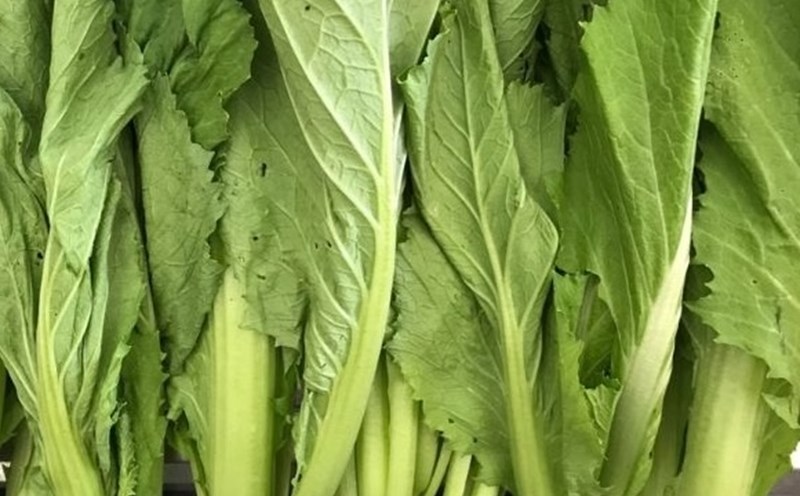animal organs such as liver, kidneys, intestines, hearts... are familiar foods, rich in nutrients, especially vitamin A, B12, iron and cholesterol. However, regular or large consumption of organs can increase the risk of high liver enzymes - a sign that the liver is damaged or overloaded.
First of all, animal organs are the place where many processes of metabolism and waste filtering in the animal body take place. Even though they have been cleaned, they can still contain very high levels of cholesterol and purines. When eaten, the liver must increase metabolism, leading to overload. Prolonged overload can damage liver cells, causing liver enzymes to increase.
Second, animal organs contain a lot of saturated fat, especially in pork intestines and brains. These fats are easily accumulated in the liver, promoting fatty liver condition - one of the common causes of high liver enzymes. When fatty liver is excess, liver cells become inflamed, thereby releasing liver enzymes into the blood.
Many people prepare organs by frying, stir-frying or reuse fried oil. This processing method increases toxicity, creating antioxidants that are harmful to the liver. When the liver has to process these free radicals and oxidative fats, the risk of hepatitis and hyperlipidemia increases.
Another factor that is less noticeable is that internal organs contain high doses of vitamin A, especially animal liver. If eaten too much, vitamin A can accumulate and become toxic, causing damage to liver cells, leading to increased liver enzymes.
Finally, eating organs from unsanitary sources can infect the body with bacteria, parasites or toxins. The liver - an organ responsible for detoxification - is directly affected, increasing the risk of hepatitis and liver dysfunction.
Animal organs are not banned foods, but should only be eaten in moderation, choose clean sources and healthy processing methods to reduce the burden on the liver as well as limit the risk of increased liver enzymes.











